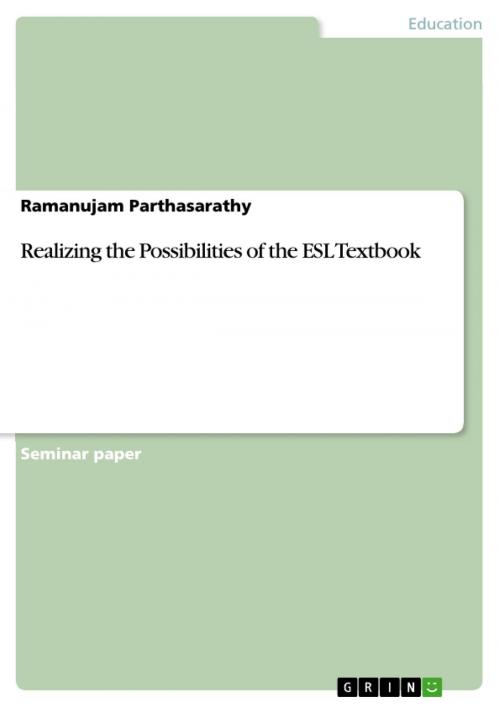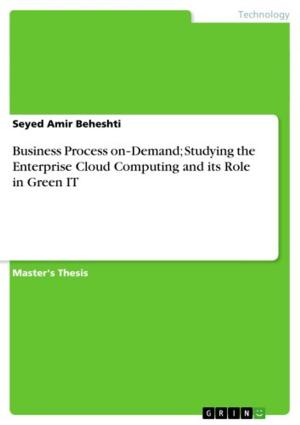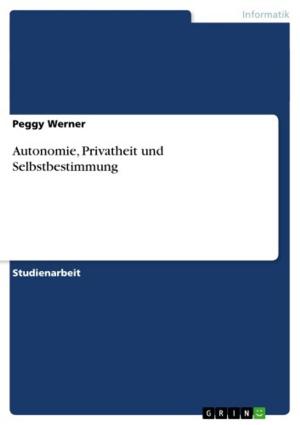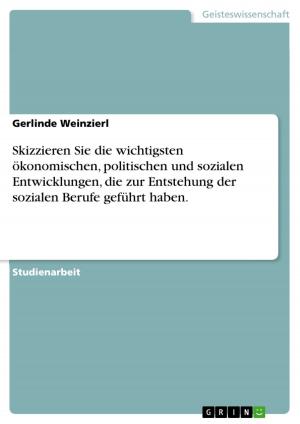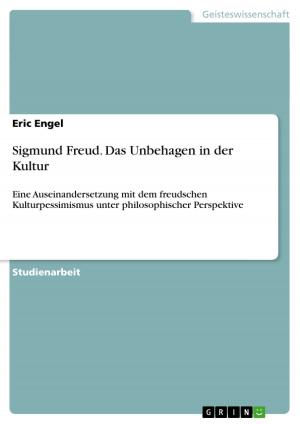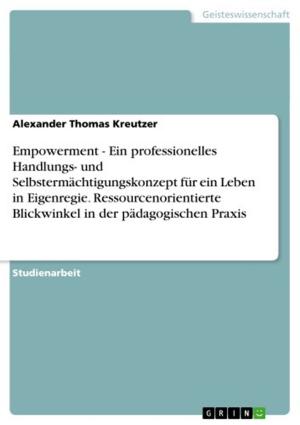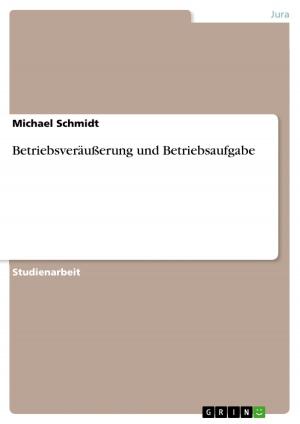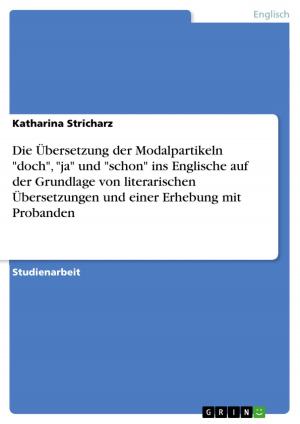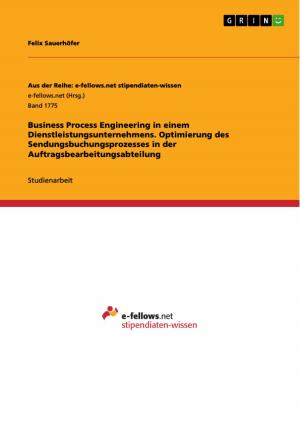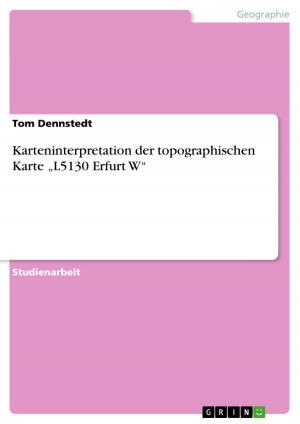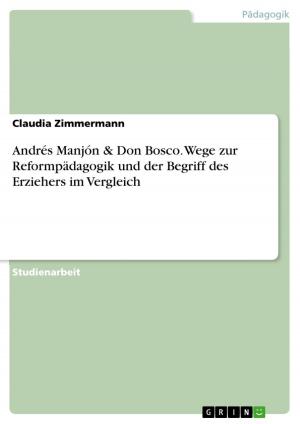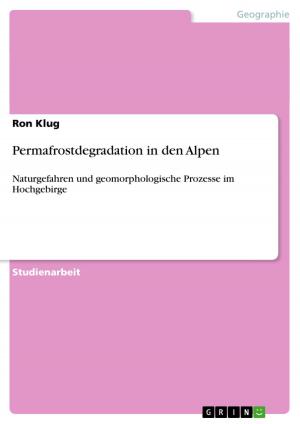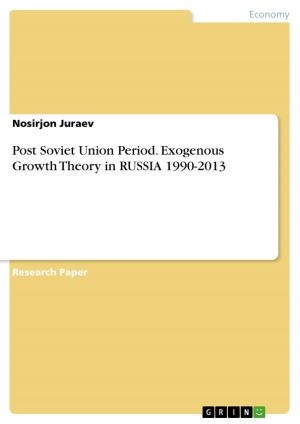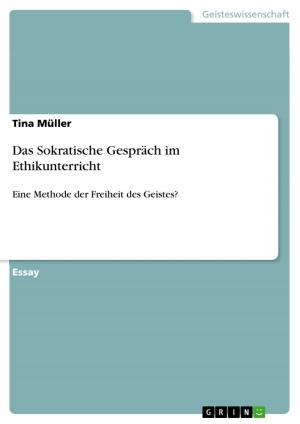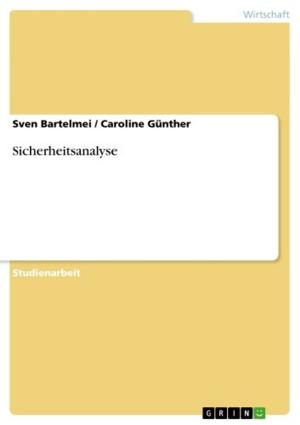Realizing the Possibilities of the ESL Textbook
Nonfiction, Reference & Language, Study Aids, ESL, Foreign Languages| Author: | Ramanujam Parthasarathy | ISBN: | 9783656057055 |
| Publisher: | GRIN Verlag | Publication: | November 16, 2011 |
| Imprint: | GRIN Verlag | Language: | English |
| Author: | Ramanujam Parthasarathy |
| ISBN: | 9783656057055 |
| Publisher: | GRIN Verlag |
| Publication: | November 16, 2011 |
| Imprint: | GRIN Verlag |
| Language: | English |
Seminar paper from the year 2006 in the subject English - Pedagogy, Didactics, Literature Studies, , course: ICEG 2006 (international congress), language: English, abstract: Views about the English as a second/foreign language (ES/FL) textbook (as a medium) polarize. Learners, teachers and educational administrators in any ES/FL situation need a textbook, though it is unlikely that they regard the prescribed ES/FL textbook as an unmixed blessing. But the very idea of a fixed textbook -- of a pre-packaged set of learning/teaching materials -- appears to be viewed with disfavour in the English Language Teaching (ELT) literature where the trend in the last three-and-a-half decades has been towards greater negotiation and individual choice in the classroom. This paper examines the anti-textbook argument, considers the alternatives to the textbook suggested by some experts, and finds the textbook having the potential to act as a support rather than a constraint, and fulfilling a range of needs that emerge from any teaching/learning situation. The paper also discusses the factors on which the supportiveness of the textbook depends.
Dr Ramanujam Parthasarathy is a teacher of English and a teacher educator. In a career spanning three-and-a-half decades of teaching and faculty training in India, he has taught English as a second language, English literature and ELT. As a faculty trainer, he has conducted over 150 workshops on various aspects of ELT, continuing professional development, exploratory practice and action research, and given plenary talks at national and international ELT conferences. His research work covers a diverse range of interests within ELT. Besides being a research supervisor and examiner, he has guest edited research journals; served as a member of the editorial board of four international journals; published 23 books, as many research papers, and over 500 feature articles as a columnist and a freelance writer; and edited the newspaper ('Loyola Today') of Andhra Loyola College for 26 years. He holds degrees/diplomas in English Literature, Education, ELT and Creative Writing from five Indian universities. His administrative experience includes: (a) Head, Dept of English; Dean of Humanities; and Director of the Loyola ELT Centre at Andhra Loyola College, Vijayawada, India; (b) Director (Training) at Vignan University, India; and (c) Director (ELT Centre) at Gudlavalleru Engineering College, India. Specialties:Teaching (English Language, Literature, English language Teaching, Journalism, Creative Writing), action research, ELT consultancy, ELT course design, materials writing, freelance writing, teacher professional development, educational administration
Seminar paper from the year 2006 in the subject English - Pedagogy, Didactics, Literature Studies, , course: ICEG 2006 (international congress), language: English, abstract: Views about the English as a second/foreign language (ES/FL) textbook (as a medium) polarize. Learners, teachers and educational administrators in any ES/FL situation need a textbook, though it is unlikely that they regard the prescribed ES/FL textbook as an unmixed blessing. But the very idea of a fixed textbook -- of a pre-packaged set of learning/teaching materials -- appears to be viewed with disfavour in the English Language Teaching (ELT) literature where the trend in the last three-and-a-half decades has been towards greater negotiation and individual choice in the classroom. This paper examines the anti-textbook argument, considers the alternatives to the textbook suggested by some experts, and finds the textbook having the potential to act as a support rather than a constraint, and fulfilling a range of needs that emerge from any teaching/learning situation. The paper also discusses the factors on which the supportiveness of the textbook depends.
Dr Ramanujam Parthasarathy is a teacher of English and a teacher educator. In a career spanning three-and-a-half decades of teaching and faculty training in India, he has taught English as a second language, English literature and ELT. As a faculty trainer, he has conducted over 150 workshops on various aspects of ELT, continuing professional development, exploratory practice and action research, and given plenary talks at national and international ELT conferences. His research work covers a diverse range of interests within ELT. Besides being a research supervisor and examiner, he has guest edited research journals; served as a member of the editorial board of four international journals; published 23 books, as many research papers, and over 500 feature articles as a columnist and a freelance writer; and edited the newspaper ('Loyola Today') of Andhra Loyola College for 26 years. He holds degrees/diplomas in English Literature, Education, ELT and Creative Writing from five Indian universities. His administrative experience includes: (a) Head, Dept of English; Dean of Humanities; and Director of the Loyola ELT Centre at Andhra Loyola College, Vijayawada, India; (b) Director (Training) at Vignan University, India; and (c) Director (ELT Centre) at Gudlavalleru Engineering College, India. Specialties:Teaching (English Language, Literature, English language Teaching, Journalism, Creative Writing), action research, ELT consultancy, ELT course design, materials writing, freelance writing, teacher professional development, educational administration
